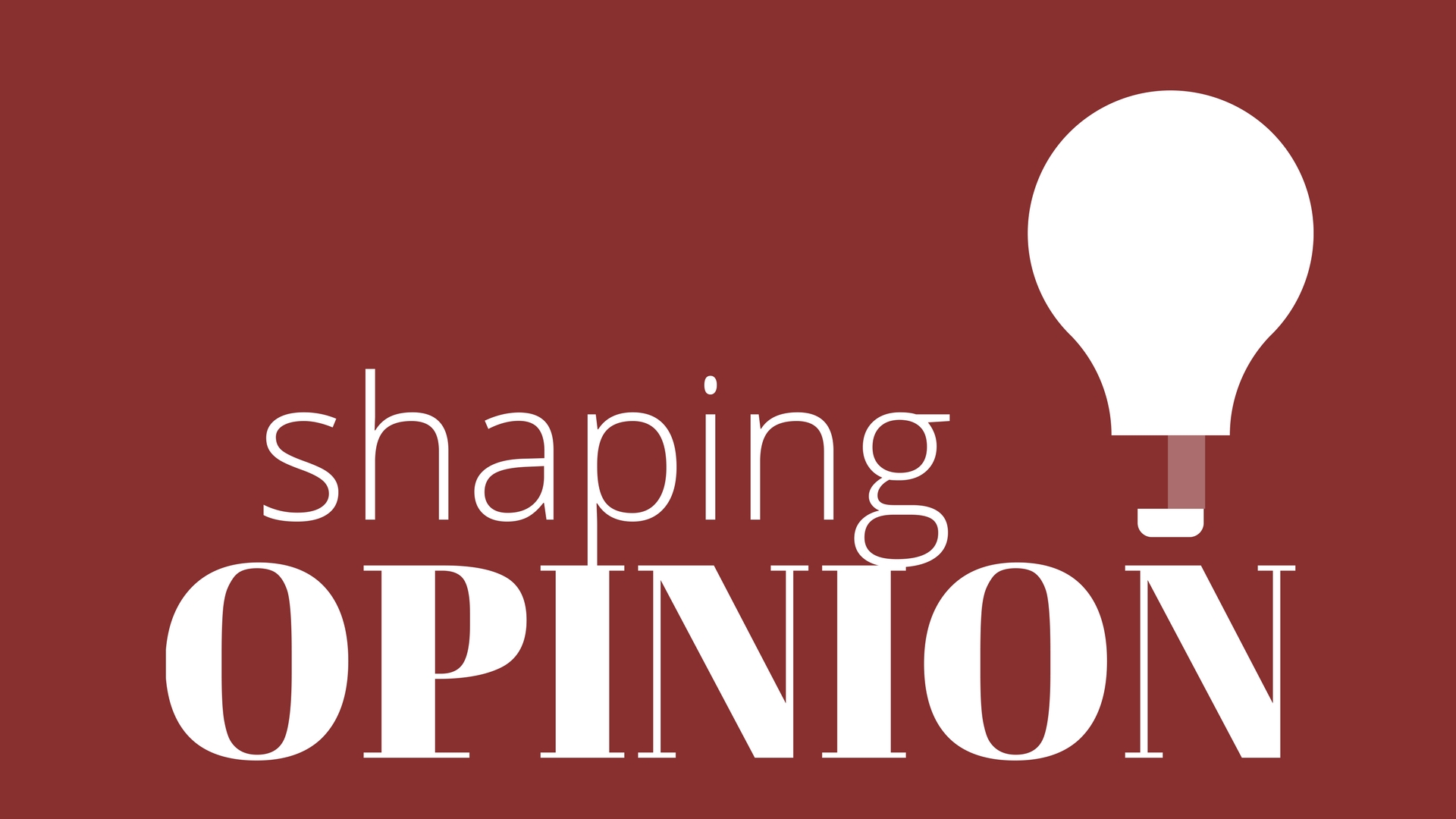Scott Tillema: Secrets of a Hostage Negotiator
FBI-trained hostage negotiator Scott Tillema joins Tim to talk about how to negotiate when the stakes are high, even when lives are on the line. Scott teaches organizations how to use the power of life-saving negotiation principles to get results.




